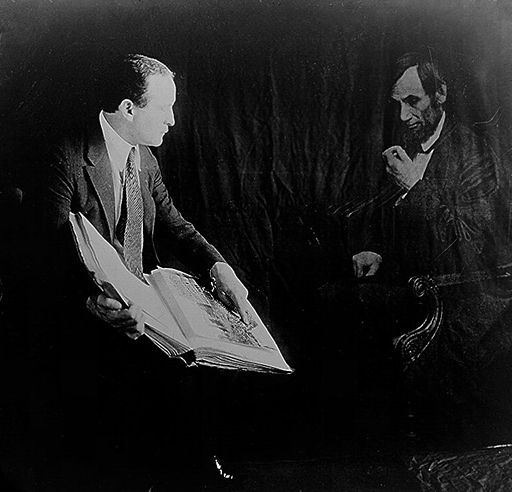Today is the anniversary of what most consider to be the event that felled the great Harry Houdini. Possibly as a result of this event—a series of powerful blows to the lower abdomen, Houdini eventually ended up in a familiar circumstance (being in a sealed box and buried underground), but from which he would never escape.
Houdini is still a household name in the world of magic, escape, and—less notably—the debunking of supernatural claims. (James Randi picked up here in the 1960s where Houdini left off, and Penn Jillette has taken on the burden of debunking persistent superstitions since the 1980s.) What is less known, though, are the circumstances surrounding his quick decline and death in 1926.

One of Houdini’s claims was that he could withstand a blow to the abdomen from anyone, that such blows did not hurt him. Generally, this panned out fine—Houdini could take a punch, no doubt. After giving permission for the attacker to deliver the punches, Houdini would simply brace for the attack and absorb the hits. Never did any lasting damage occur; probably the most he suffered was a bit of bruising.
However, on October 22, 1926, he was confronted by one Gordon Whitehead who kindly asked permission to test the claim by punching Houdini in the bread basket. Despite having to remain seated because he had broken his ankle performing his Chinese Water Torture escape the previous week, Houdini assented and Whitehead took to pummeling poor Houdini slightly below the belt. After several, Houdini waved off the attacks indicating that he’d had quite enough.

Afterward, Houdini developed a fever, but continued to perform, even ignoring pleas to visit a physician to check out the fever and the abdominal pain he was experiencing. Finally, after passing out during his final performance due to fever, he was admitted to the hospital that night on October 25. He continued to decline over the next several days and died on October 31, 1926 of peritonitis caused by a ruptured appendix.
Whether the blows caused the appendix to become infected and rupture later is an open question. There’s certainly no doubt that it’s contemporaneous with the blows delivered by Whitehead, but it is still unclear whether the blows caused the appendicitis, whether they exacerbated an existing condition, or whether the two were simply coincidental and unrelated.
As always, though, when in the absence of facts, folks will always find a way to manufacture “facts” (with ironic quotes) that suit their existing prejudices. As a result, a sort of legend has been built up around the event that may or may not have taken the life of one the greatest performers the world may or may have have seen…depending on your existing prejudices.